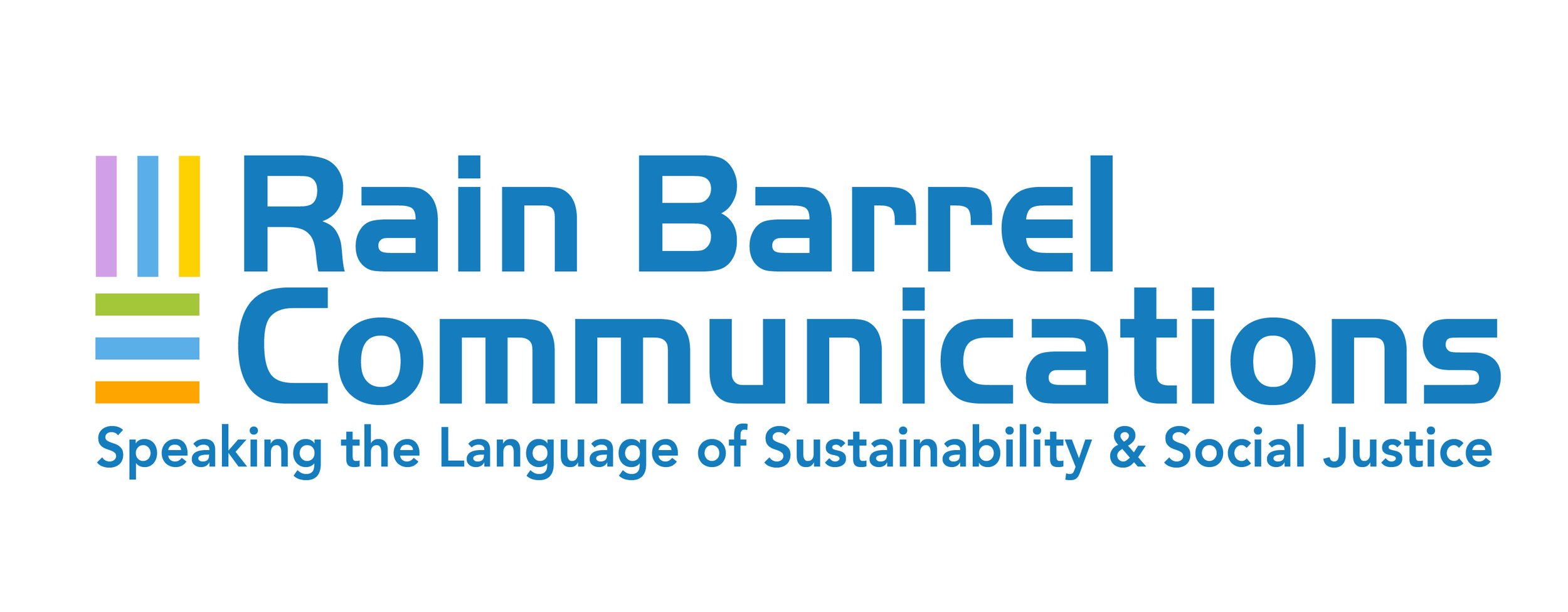Amanda Westfall: Stories from the field. Many fields
Hiking the Simien mountains in Ethiopia
Amanda Westfall is a RBC co-director based in Argentina where she coordinates a number of social change projects in the Latin America region, often in collaboration with her husband, Santiago, a communications specialist and also a RBC Associate. She spoke with RBC co-founder Paul Hoeffel while packing up her household in Merida, Mexico.
Paul: You’ve come a long way from life in South Utah. How did your internationalist side develop?
Amanda: I grew up in a deeply conservative area and was a model church girl, involved in all the family and community activities that are at the center of the faith. I never had a non-Mormon friend until I went away to college to study behavioral sciences in New York. I was already open to a realm of new ideas and cultures. I guess I can say it all started on my 13th birthday. My mother is an international water aerobics instructor and traveled around the world for her work. On the morning of my birthday she handed me an envelope. It contained a plane ticket to Barcelona. “Pack a suitcase,” she told me. “We’re leaving in an hour.” Well, that trip opened up a whole new world for me. I’ve been on the move ever since.
Paul: Since we first met you in 2017 in New York, you seem to have been living in a whirlwind spanning at least four continents. Was this inspired by love or money?
Amanda: Well, a bit of both. After my graduate work in Brussels where I studied international development, the World Food Programme hired me to work first in Brussels and then in Honduras reporting about their projects. That led me to work for UNICEF USA in New York. But I knew I wanted to work in the field. I moved to Addis with my then partner and, working with UNICEF, began reporting about their projects in every region of Ethiopia. It was a dream job. The downside was that I was sick a lot and was hospitalized repeatedly for amoebas that I couldn’t rid of and had to stop work there. I headed for Italy and re-reconnected with an old flame, Santiago, and we have been together since. We both found work in Mexico, including Rain Barrel, so that was the next stop.
On location in Copenhagen, directing an interview with UNICEF Supply Director Eva Kadilli for a film about UNICEF’s High Performance Tent.
Paul: Much of your work has revolved around writing - stories about people doing their best to live and thrive in difficult often remote areas of developing countries. How did this evolve?
Amanda: Writing is my passion. My technical work made me realize how important, how powerful storytelling is. Writing is trying to tell a story that the other person understands. Everyone wants to be understood. Writing, well, requires empathy – you need to connect with the readers so that they understand and are engaged in the narrative. My technical writing requires that I put myself in other people’s shoes, that I understand their culture, really connect. I love the challenge to adapt quickly to new cultures, new problems. If you can adapt, then you can handle anything that comes at you. And then the writing and reporting really work.
Paul: You are also writing fiction?
Amanda: I’m using fiction to tell my story. It’s very personal. The novel I’m working on is almost a memoir, a romcom tracking the love and life of a young woman in three stages of her life. The first part is about coping with her naiveté, her openness, and exploring her sexuality and feelings. The next focuses on her adventures as a professional woman dealing with challenges of building a career. And finally, telling the story of her flight, overcoming the challenges that hold her back and finding her voice. Another work in progress is about a young woman living in a dystopian future. She learns how to unlock special abilities - by reaching higher levels of human development - that help get society back in touch with nature after environmental catastrophes.
Paul: And now Argentina?
Amanda: Yes, we will be living in the countryside outside Buenos Aires. They say you have to be grounded before you fly. Well, I’ve been flying pretty high for the past decade. I think it’s time to get grounded -- living in the countryside, working the land, taking more time for my creative writing. My work with Rain Barrel will be central as well. I like the flexibility it affords and the challenge of effecting social and behavior change. I can choose the projects that resonate with me. I hope I can find a balance that works.
During a field mission in Ethiopia, time for a quick stop to buy fabric at a local market
Make sure you also read Amanda’s blog on promoting child-centered legislation in Ecuador, and check out her professional profile.



